Key moments from the 5th Danube Conference On Epigenetics
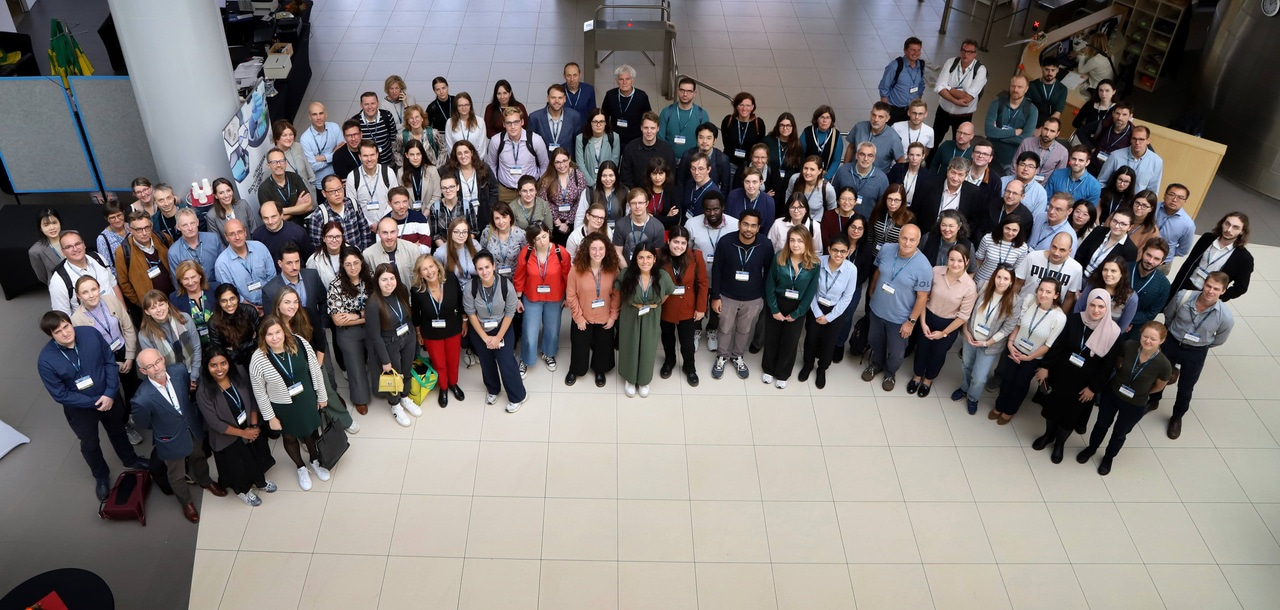
The FEBS Advanced Lecture Course '5th Danube Conference on Epigenetics' is part of a a well-established international conference held biennially in Hungary. The latest event, which was the 5th in the conference series, took place from 28–31 October 2024, in Budapest, Hungary, at the HUN-REN Research Centre for Natural Sciences. This gathering, organized by a dedicated international committee including Tamás Arányi (HUN-REN TTK / Semmelweis University, Budapest), Lóránt Székvölgyi (University of Debrecen), Petra Hajkova (MRC London Institute of Medical Sciences), Celia Martinez-Jimenez (Helmholtz Pioneer Campus, Munich), J. Andrew Pospisilik (Van Andel Institute, USA), and László Tora (IGBMC, Strasbourg), brought together experts from around the world to discuss cutting-edge epigenetics research. The main sponsor of the meeting was FEBS, via the FEBS Advanced Courses programme.
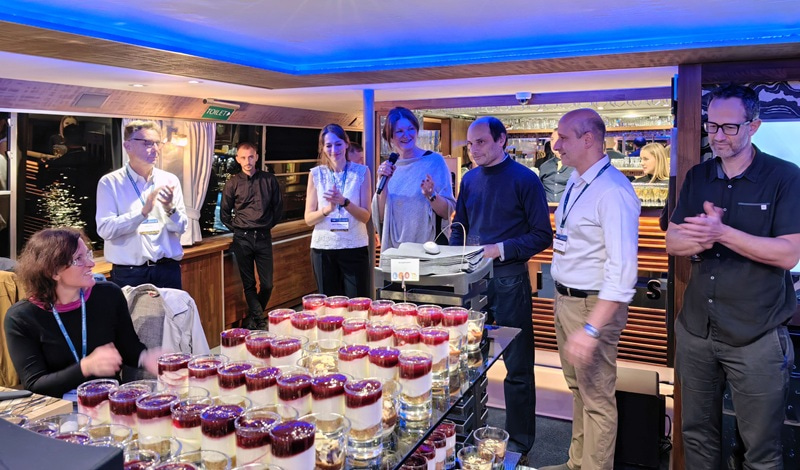
Attendee overview
The conference hosted a total of 146 participants from 32 countries, underscoring its international reach. The largest group was from Hungary (40 attendees), followed by France (14), Germany (13), and the United Kingdom (11). Notable representation also came from the Netherlands (10) and Romania (6). Other countries contributed smaller delegations.
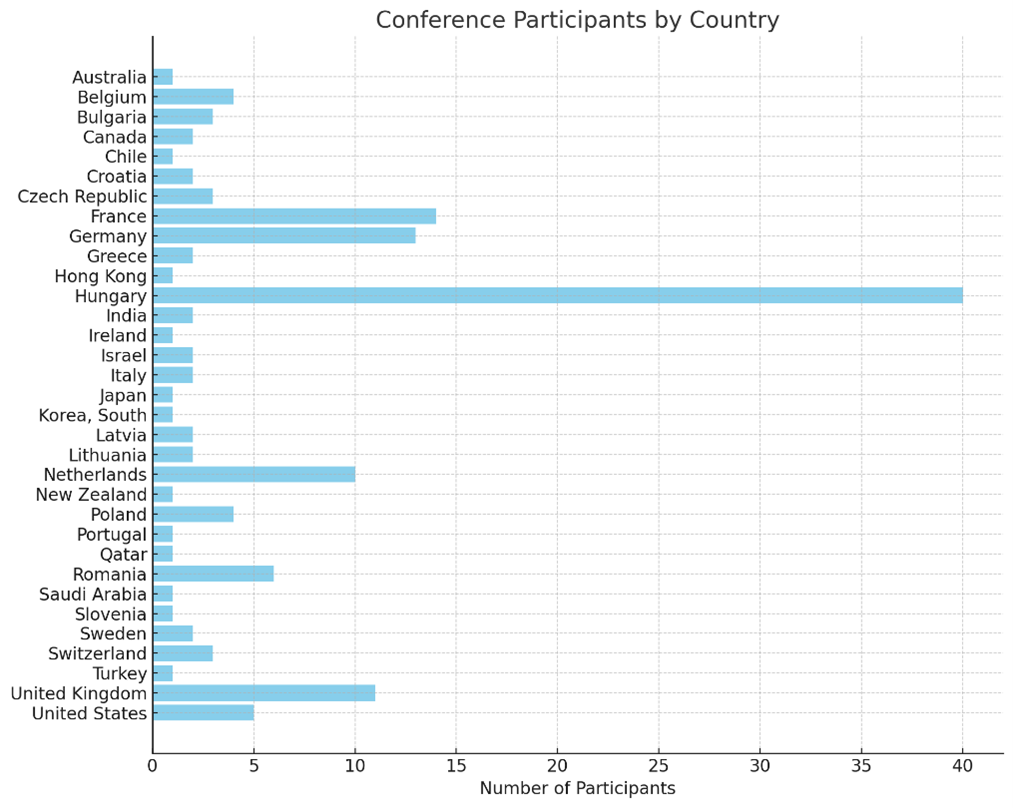
The conference had participants across the career stage, with 91 senior and 55 junior researchers attending, fostering networking across experience levels. It also had a balanced gender representation, with 76 female and 70 male participants.
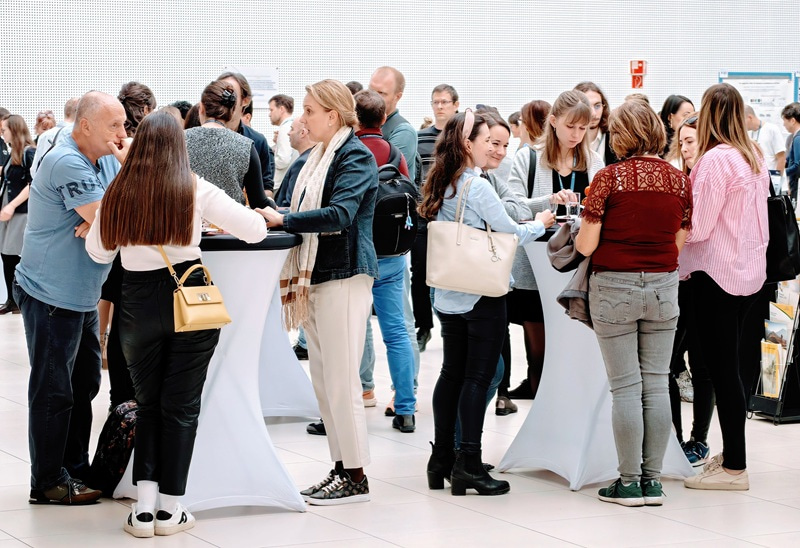
Workshop and main program
The four-day event began with a Data Visualization Workshop designed for early-career researchers to enhance their skills in scientific communication. The main program featured plenary and thematic sessions led by top experts in the field. Highlights include Tineke Lenstra (Netherlands Cancer Institute) discussing transcriptional “bursting” mechanisms in an EMBO Young Investigator lecture and Ken Zaret (University of Pennsylvania), who gave an IUBMB-supported keynote on the continuous “battle” between gene activators and silencers. Throughout the conference, thematic sessions covered a vast range of topics from disease mechanisms to the epigenetics of cell development and aging. Presentations by experts such as Maria-Elena Torres Padilla (EMBO Keynote Lecture) explored genomic regulation and early mammalian development.
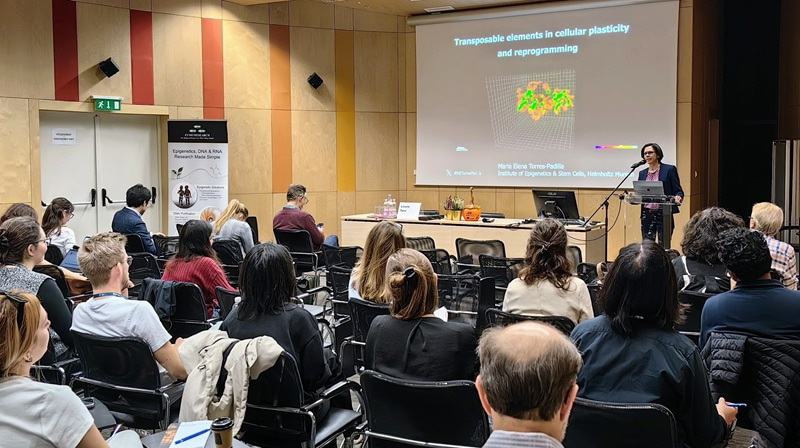
The conference also had talks from Prof. Cecília Arraiano, an editor at The FEBS Journal, and from Prof. Mutay Aslan, a member of the FEBS Advanced Courses Committee, on the FEBS Press journals and other activities at FEBS.
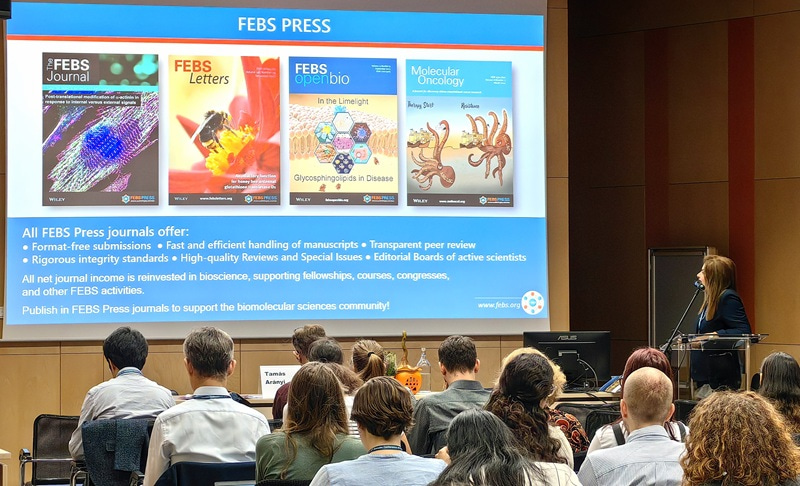
In total there were 23 invited speakers, including those noted above and four organizers who also presented at the conference. Additionally, 22 short oral presentations were delivered by non-invited speakers, and 75 posters were showcased.
Networking and social events
Ample opportunities for networking were provided through scientific discussions, poster sessions, and social gatherings, including a popular "Beer Session" and a Gala Dinner on a Danube boat cruise. Participants appreciated the unique atmosphere, as noted by Claire Rougeulle, Director at the Institut Curie, Paris:
“It is my third time attending the Danube Conference on Epigenetics, and it has become one of my favorite meetings in this field. The program is always excellent, with a good balance of recognized experts and younger scientists. It is thematically focused yet covers many topics...a must!”
Another opinion from Andreas Beyer (Professor for Systems Biology at the University of Cologne):
"I very much enjoyed the high-quality talks that were linking epigenetics into many areas of molecular and cell biology."
Finally, these are the insights of Ken Zaret (University of Pennsylvania), Editor of Science journal:
“Science is considered international, but due to funding considerations, travel, and bias towards the largest scientific centers, international scientific conferences can seem too focused on the usual group of presenters. From that perspective, it was great to have an international conference focused in Budapest, giving scientists in eastern Europe the opportunity to share their work. I found the science to be outstanding and reported on the meeting to my lab and colleagues when I returned to Philadelphia.”
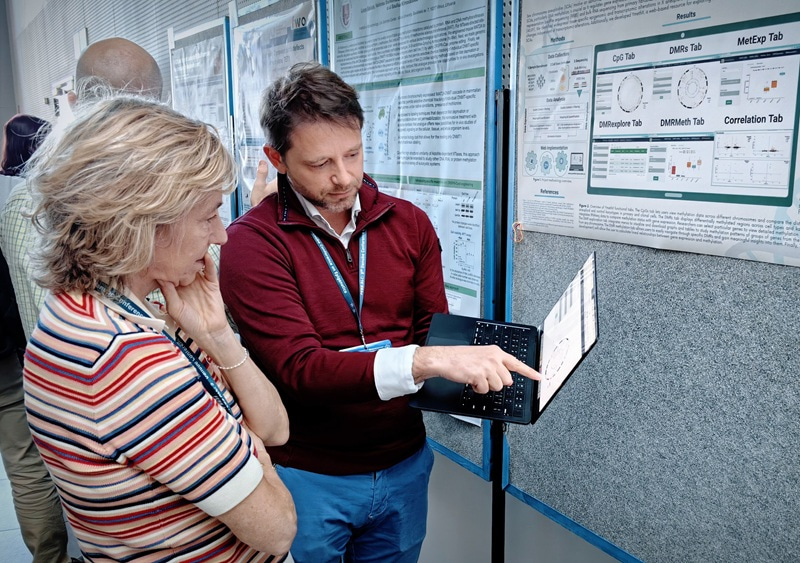
Awards and recognitions
Multiple awards recognized outstanding contributions. The Best Poster Award went to Douwe ten Bulte, who received recognition from EMBO Reports and FEBS for the poster on DNA methylation at H3K9me3 heterochromatin, with a €200 prize from EMBO for further training or research. To mark the FEBS 60th Anniversary in 2024, FEBS provided an anniversary T-shirt to the winner to complement the prize.
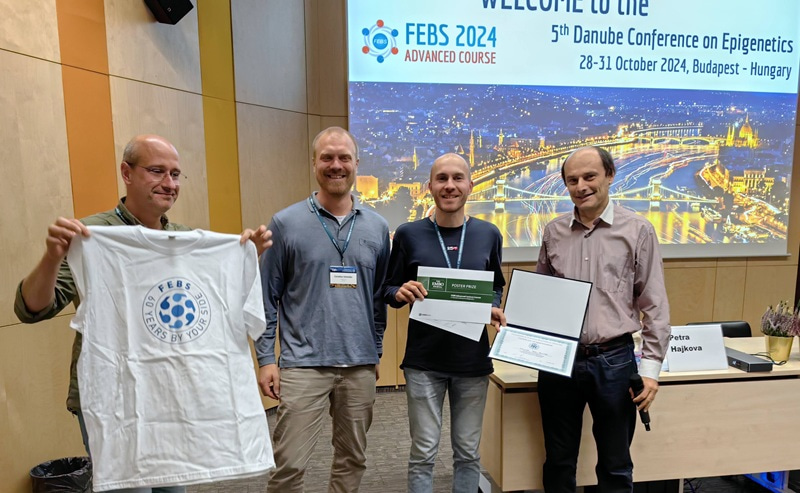
Two outstanding Poster Awards were given. One was awarded by FEBS to Maria Teresa Alejo Vinogradova, for research on PRC1 variants during mouse embryo development. MBKE Epigenetics Section awarded Ferenc Jankovics for work on the Sov protein in Drosophila and Kian Peng Koh for research on vitamin C and TET1’s role in neural tube defects. These recipients received certificates.
The Epigenetics Prize, established by the Hungarian Biochemical Society Epigenetics Section, was awarded for the second time. Tibor Vellai presented the winning research article, “Downregulation of transposable elements extends lifespan in Caenorhabditis elegans” published in Nature Communications.
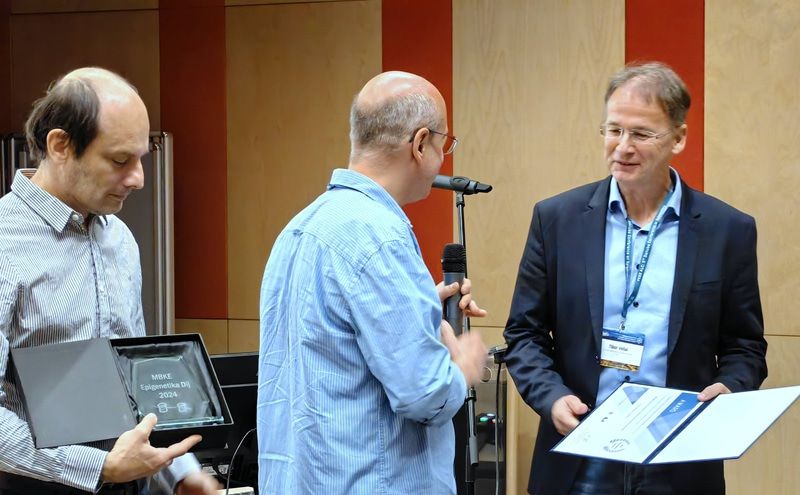
Travel grants
The attendance of several early-career researchers was supported by grants. There were 5 FEBS Youth Travel Fund (YTF) grants, and 1 Transatlantic YTF grant, supported by IUBMB. The Hungarian Society of Geneticists (MAGE) awarded 1 grant, and there were 3 full and 2 partial travel grants from Sponsors (without disclosing specific sponsorship details as per sponsor request).

Closing remarks and future directions
The conference concluded with notable announcements. Tamás Arányi, long-time organizer, stepped down to assume a role on the FEBS Advanced Courses Committee, and will be succeeded by Ferenc Müller (University of Birmingham) for 2026. László Tora also departed from the organizing committee, marking a significant transition as both of them have set high standards for the event’s future.
The FEBS Advanced Lecture Course '5th Danube Conference on Epigenetics' highlighted not only scientific advancements but also the strong, passionate international community within this field. Numerous new collaborations, friendships, and research initiatives were born in Budapest, and participants look forward to 2026, hoping to witness the next major breakthrough in epigenetics.
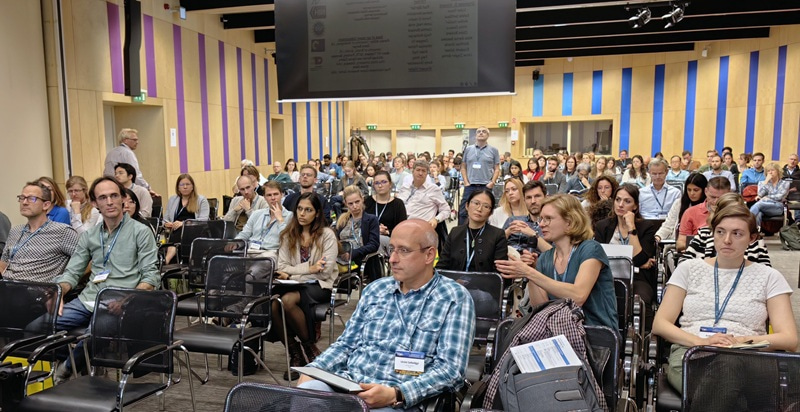
Photographs of the event
We invite you to browse through the many more photographs available on the event website, which will be available for one year. All photo are by the photographer Tamás Thaler.
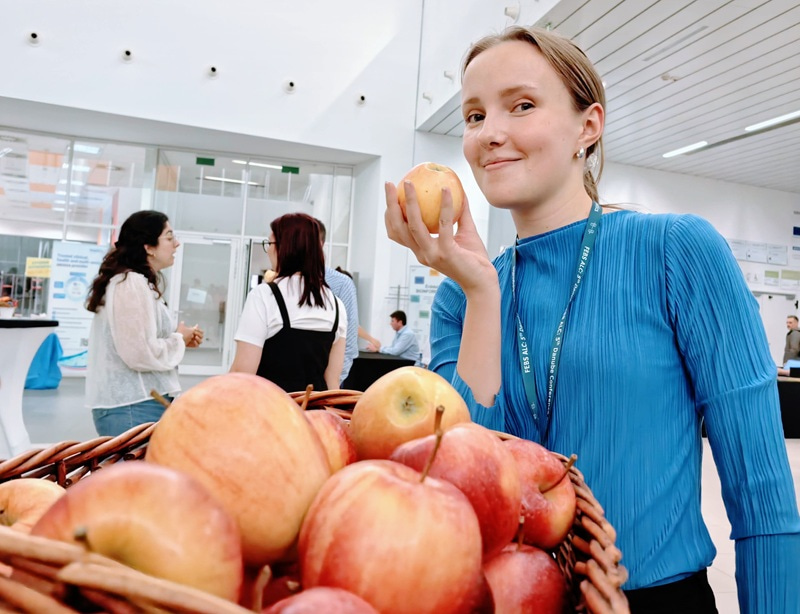
For more information about the FEBS Advanced Courses programme visit the FEBS website.
All photographs by the photographer Tamás Thaler.



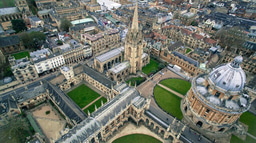

Join the FEBS Network today
Joining the FEBS Network’s molecular life sciences community enables you to access special content on the site, present your profile, 'follow' contributors, 'comment' on and 'like' content, post your own content, and set up a tailored email digest for updates.